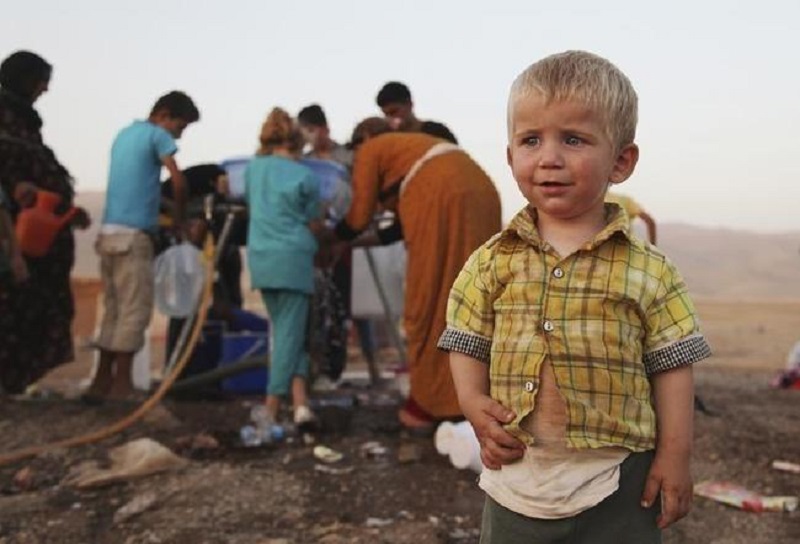
War, violence, persecution, human rights violations, and other factors drove nearly 3 million people to flee their homes last year, despite the COVID-19 crisis, according to a UN refugee agency report. According to Filippo Grandi, the UN High Commissioner for Refugees, conflict and the consequences of climate change in places like Mozambique, Ethiopia’s Tigray region, and Africa’s Sahel region were the major drivers of refugees and had internally displaced people in 2020.
These factors contributed hundreds of thousands to the overall figure, marking the ninth consecutive year of an increase in the number of forcibly displaced people. For years, the UN agency’s tally has been dominated by millions of people fleeing countries such as Syria and Afghanistan due to protracted wars or fighting.
Filippo Grandi said in a statement, ‘This is telling, in a year in which we were all locked down, confined, blocked in our homes, in our communities, in our cities.’ He also added ‘COVID-19 seems to have had no impact on some of the key root causes that push people to flee.’
According to the UNHCR, one percent of humanity is now displaced, and there are twice as many forcibly displaced people than a decade ago. 42% of them are under the age of 18, and nearly 1 million babies were born as refugees between 2018 and 2020.

Post Your Comments